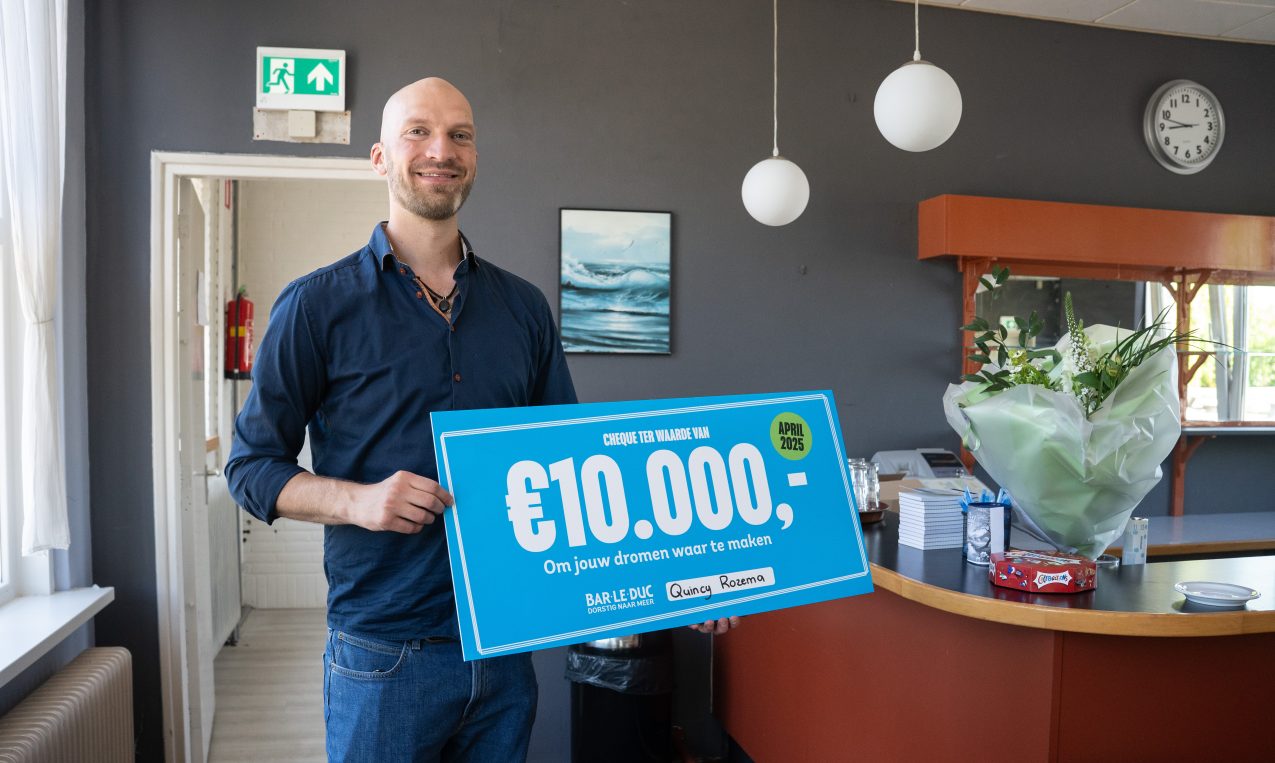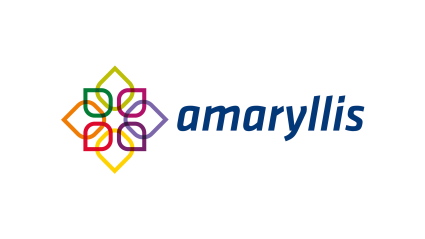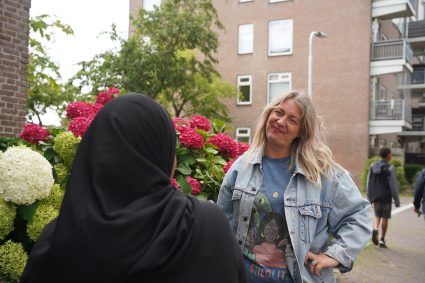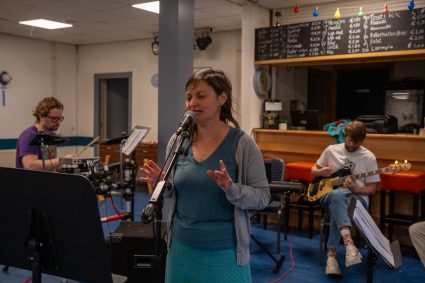From aid taker to aid provider
Quincy is diagnosed with PDD-NOS (a form of autism) and ADHD at a young age. He moves from education to education and is expelled from various schools. He ends up in various assistance programmes, including at Amaryllis. Recently, he has been at a tipping point in his life, going from help taker to help provider.
"I didn't know what I wanted to do, so I always did what my friends did," says Quincy. "I got through theory easily every time, but things always went wrong in practice." He started at mbo level 1 and heard during his first course that level 2 would be the highest achievable for him. "I knew there was more to it," says Quincy.
First steps in counselling
During the intake for his training in 2013, he met a psychologist. She suggested he wait another year with training and first discover what he really wanted to do. "She was right. I went to the practice where she worked. Part of that care included a lot of mindfulness and coaching, which gave me a better understanding of my identity. Later, I also got home support from the Wmo. That's how I first came into contact with Amaryllis in 2015."
Finally, Quincy completes his Level 4 Care and Welfare course in 2019. He will then become a volunteer at the Neighbourhood Service Point. Here, he helps residents of the municipality with things like mail or money matters. During this position, he meets Pieter, a social worker at Amaryllis. In fact, the Neighbourhood Service Point and Amaryllis work closely together. "I really wanted to work at Amaryllis," says Quincy. "Together with Pieter, I toured the neighbourhood, talked a lot to get an idea of his work."
Back as a client
"Unfortunately, I got no response to an application from a job opening at Amaryllis. When Corona was also around the corner and my relationship turned out not to be healthy, I found that I was not ready to function properly as an aid worker. At that point, my world collapsed. I found out that I needed something else in terms of help."
Quincy again knocked on Amaryllis' door for support. "I had a lot of chaos in my head," he says. By chance, the already familiar Pieter became his social worker. Together, they moved forward. "I could call him anytime. We took a walk together to vent or make plans. He brought me a lot of peace of mind." This resulted in Quincy being able to end his additional support. "Quincy had goals that he was no longer getting on with with this care," says Pieter. "It had become a habit for him to get that care, but he no longer needed it."
Entrepreneurship and learning
"That was a good move," confirms Quincy. "I took the reigns." Since meditation brings him a lot of peace, Quincy decides he wants to pass on that knowledge. "That's how I came up with the idea of starting for myself. I read a lot on the subject to expand my knowledge and to be able to scientifically back up everything I do." He does this from his own company VitaQuintus.
Pieter helps Quincy get started and arranges a space in community centre 't Skiphus. "It cut both ways," Pieter explains. "Quincy could start his business and local residents could join his training sessions for free." After a short time, 't Skiphus turned out not to be the best location. "Hardly any people came," says Quincy. "This was mainly because too little advertising had been done in the neighbourhood. Besides, the space was not suitable because people kept walking in. A great learning moment." They try again in 't Knooppunt. This time with success. Each training session attracts 10 to 20 participants. "I started with flyering in the neighbourhood. Then the people who came the first time brought other people along. That's how the group grew."
From client to cooperation partner
Quincy believes healthcare should be accessible to everyone, which is why he started for free. His wish is to earn his income from it. What this will look like, he does not yet know exactly. Fortunately, on the day of the interview, he hears that he has won 10,000 euros in a competition run by water brand Bar le Duc. He can put this money to good use for his start-up. "In retrospect, I am happy with how everything turned out. It has led to where I am today."
Many people who come to Quincy are interested in the methodology he teaches and sit with things they want to address. This could be stress, for example, but it could also be practical problems. "Once I notice that people have specific requests for help that I cannot help them with, I can refer to Amaryllis or the GP in consultation with the participant. I know what is possible there because I have experienced it myself."



